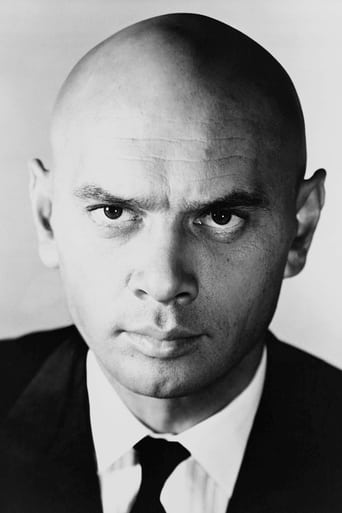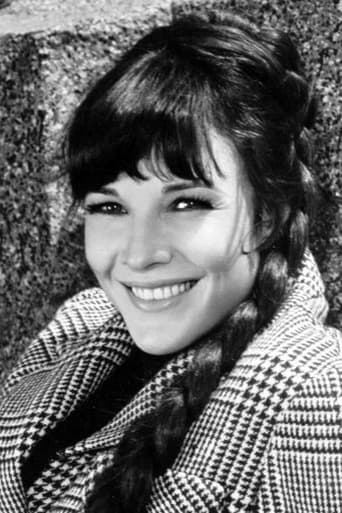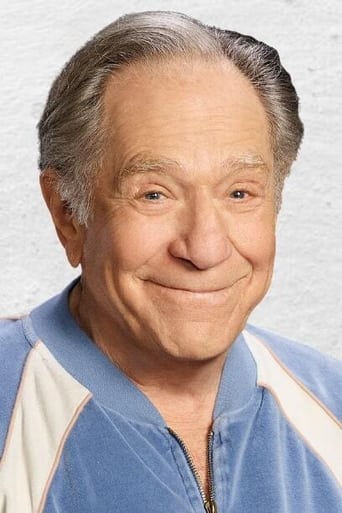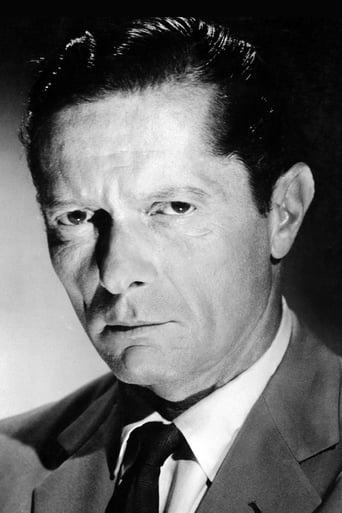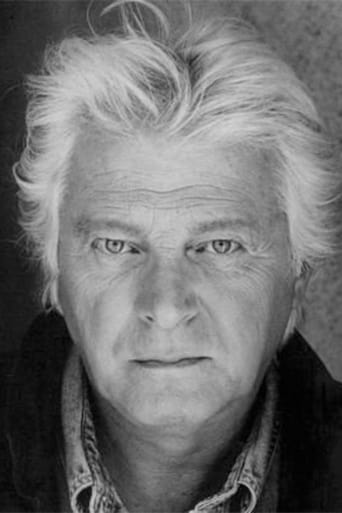RyothChatty
ridiculous rating
Nonureva
Really Surprised!
2hotFeature
one of my absolute favorites!
Skunkyrate
Gripping story with well-crafted characters
bbr00ks
I have always like westerns and would consider this one a must-see. It's quite dated in places with many of it's attitudes rooted in the 1950s and some really laughable dialog. But it's moral stance and it comments on society's treatment of it's poor, it's minorities, it's women, hits you like a slap to the face. It's always a pleasure to watch Yul Brenner at work and he really carries this movie. George Segal is okay as his presumed antagonist but the real bad guy(s) in this movie are not so easily identified. I was stunned to see how much of the plot of this movie influenced one of my favorite Westerns of all time - High Plains Drifter. The resemblance is uncanny - of course HPD does it better but still I have to recommend this to anyone who likes Westerns.
Jugu Abraham
A very underrated western! Superb performances from Yul Brynner and Janice Rule. Arguably their best. Director Richard Wilson had worked with Orson Welles on his theater projects and that influence is evident in the adapted screenplay he wrote with his wife. The film questions the moral superiority of the Unionists over the Confederates. It asks, more importantly, if racism in USA is merely related to a white versus black confrontation or to white versus all non-whites (Mexicans, mulattos, cajuns, Native Indians, etc.). More than the action, the film is lifted by the spoken word (e.g., how an average American thinks Jules and Jewel are the same!) and misplaced morality. Needs to be more widely seen and appreciated.
LouE15
I've got a real affection for this film, as a fan of Yul Brynner and off-kilter Westerns – that wonderful American art form, a mould into which absolutely any story at all can be poured. Into this mould are poured a tired, hurting, dusty town, morally bankrupt, cowardly, racist. Add a rebellious 'reb' in a town full of sanctimonious 'unionists', a miserable marriage, an old, soured love story, and, of course, the unfathomable, memorable Jules Gaspard D'Estaing, played by Brynner with his usual class and intensity.But every appearance of good or prosperity or right in this town is a lie; the grieving widow's husband brought on his own death; the Mexicans living across the wash work for the whites "if they want to eat"; the town's "rooster", Mr Brewster, got rich by taking advantage of the Civil War, and everyone's deep in debt. Ruth's marriage to Crane Adams is a sham, and everything serves to illustrate that no one wins, except perhaps the rooster. Into this poisoned air stalks Brynner, his dancer's walk and dandyish clothing of less concern to white townsfolk than his rich skin tone. Considerable time is spent by those around him, trying to work out who he is. The cold-blooded killer – he seems to be trying to convince himself that this is what he is – becomes the moral centre of the storm, and his steadily building rage spills over in a powerful scene in which he literally lays waste the town. But as Shakespeare most memorably put it, "all are punished".It is a trifle heavy on the morality; and I'm guessing a vehicle dreamt up for Brynner. But I still stand by this film as an all time favourite. I really like the interaction between Brynner and Janet Rule, whose low voice and gentle persuasion chip away at the gunfighter's hard edges. For all its imperfections it has some of those ingredients I always want to see in a film: flawed but compelling characters, a troubled romance, a different world peopled by humans, not heroes.
Howard Schumann
Yul Brynner is a commanding presence in Richard Wilson's Invitation to a Gunfighter, a Stanley Kramer production set in New Mexico just at the end of the Civil War. Brynner is Jules Gaspard D'Estaing, a half-Creole, half-black gunfighter, hired by the town boss Sam Brewster (Pat Hingle) to kill Matt Weaver (George Segal), a soldier who has just returned from the war. When Weaver, who fought on the Confederate side, finds that his house and farm had been auctioned by Brewster as "enemy property", he guns down the man who had "acquired" his farm and stole his girlfriend Ruth Adams (Janice Rule). Now the town wants payback and hires a self-appointed dispenser of instant justice.Nattily dressed in a black suit and a ruffled white shirt, Jules is the strong, silent type, equally adept at playing poker, reciting poetry, and playing the harpsichord as he is engaging in "work and play" with his guns. He is well paid to finish the job but soon discovers that his prospective victim may be more honest than those who are joined against him. Although he makes the statement that he is no longer human, Jules' actions prove otherwise as he develops a sympathy for Weaver, becomes attracted to Ruth, and finds aid and comfort with the Mexicans in the village who have been shunted to the outskirts of town by the corrupt bosses. When Jules, seething with frustration, goes on a drunken rampage and nearly destroys the town single handedly, Sam makes a truce with Matt to get rid of the mysterious stranger and the showdown is set.Yul Brynner turns in a compelling performance as the son of a slave who wants justice more than another payday. While there is a tendency in many films to glorify murderers for hire, we can relate to Jules more as a flawed human being with a troubled past than as a cold-blooded killer. Unfortunately the other characters are not as well developed and George Segal seems miscast as the vengeful war veteran. Janice Rule is lovely but is given little to do except stand around and look pensive. The less said about the musical score the better. Suffice to say, it did not add to the pleasure of watching this film. Being a Yul Brynner fan, however, I found Invitation to a Gunfighter a satisfying experience, a film whose themes of racism and interracial love were advanced, even for 1964 when consciousness about civil rights was exploding.


